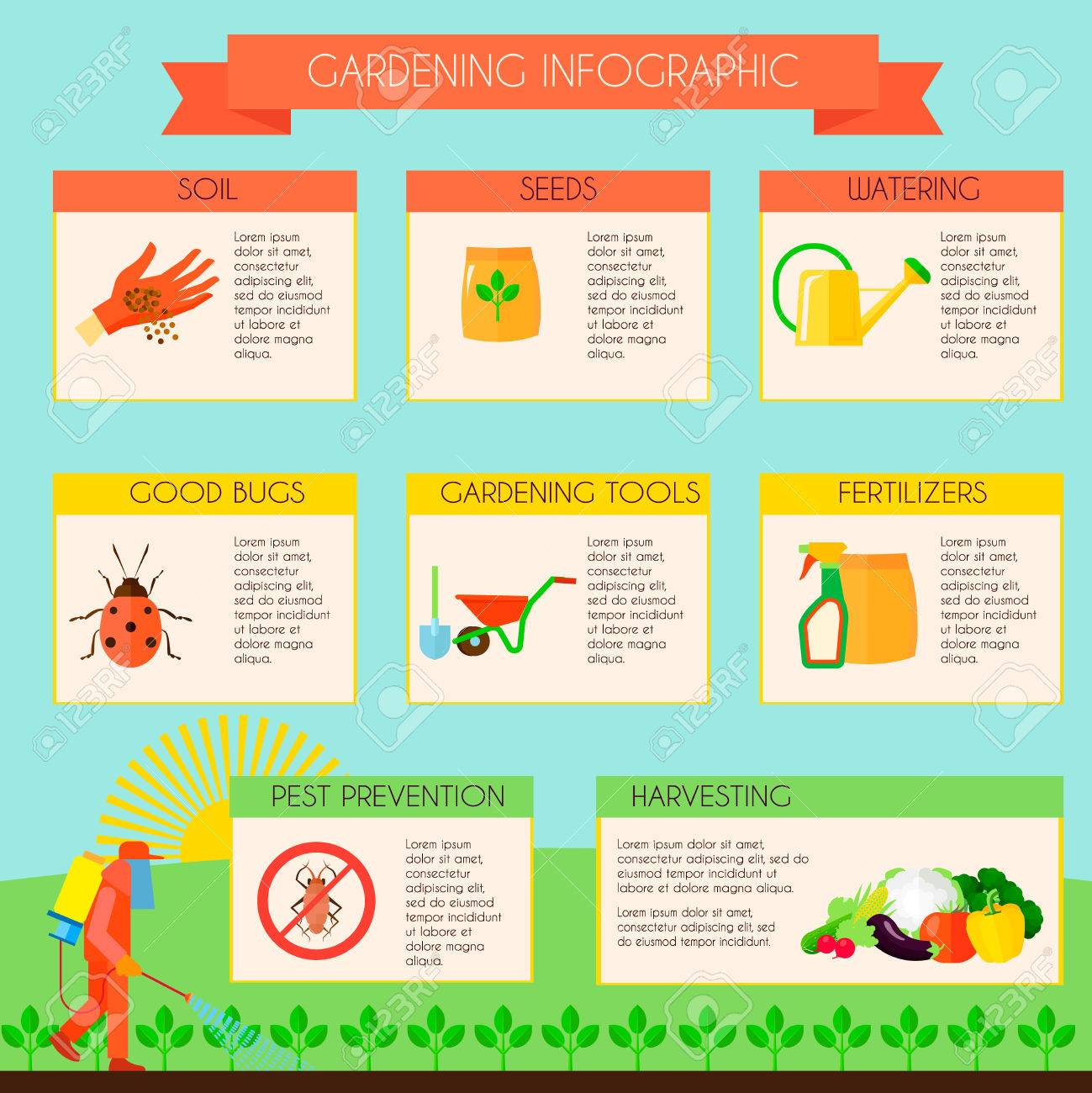Protect Your Yard From Pests: Recommendations For Maintaining Undesirable Intruders Away
Protect Your Yard From Pests: Recommendations For Maintaining Undesirable Intruders Away
Blog Article
Short Article Developed By-Lauritsen Warren
Envision your garden as a sanctuary, a place of harmony and beauty. Nonetheless, the existence of outside parasites can promptly disrupt this picturesque picture. Suppose there were straightforward yet efficient means to keep these unwelcome site visitors at bay and secure your garden oasis? By following a few practical pointers and carrying out natural techniques, you can develop a harmonious outdoor area where your plants can thrive uninterrupted.
Natural Parasite Deterrents
To maintain pests far from your yard naturally, plant aromatic natural herbs like mint and lavender. These great smelling plants not just add elegance to your garden but likewise work as effective insect deterrents. Pests like insects, flies, and even some garden-damaging pests are pushed back by the strong fragrances emitted by these natural herbs. Just positioning them strategically around your garden can help create an all-natural obstacle versus undesirable parasites.
Along with mint and lavender, take into consideration growing other natural herbs like rosemary, basil, and lemongrass to additionally boost your yard's pest-proofing capacities. These herbs not just serve as natural repellents but also have actually the added benefit of working in cooking or crafting homemade treatments.
Strategic Plant Placement
Think about the format of your yard and the types of plants you need to purposefully put them for maximum pest-proofing efficiency.
Beginning by grouping plants with comparable resistance to bugs with each other. By doing this, you can produce an all-natural barrier that hinders bugs from spreading out throughout your yard.
Additionally, positioning pest-repelling plants like marigolds, lavender, or mint near even more vulnerable plants can help shield them. High plants, such as sunflowers or corn, can serve as a guard for shorter plants against insects like bunnies or ground-dwelling insects.
Keep in mind to leave sufficient room between plants to improve air circulation and minimize the threat of illness that pests may lug.
Moreover, think about planting strong-smelling natural herbs like rosemary or basil near vulnerable plants to puzzle insects' detects and make it harder for them to find their targets.
Reliable Parasite Control Methods
For combating garden insects properly, applying a multi-faceted bug control technique is essential. Start by urging natural killers like birds, ladybugs, and praying mantises to aid keep insect populations in check. Introducing plants that bring in these useful insects can aid in pest control. In addition, practicing great garden hygiene by removing particles and weeds where parasites could hide can make your garden much less hospitable to unwanted visitors.
Take into consideration making use of physical obstacles such as row cover materials or netting to safeguard prone plants from pests like caterpillars and birds. Using natural pesticides like neem oil or insecticidal soap can also be effective against particular pests while being less unsafe to useful insects and the setting. It's essential to turn your plants each season to prevent the build-up of insect populations that target details plants.
On Read Much more check your plants for indicators of insect damages so you can act without delay. By incorporating these approaches and remaining vigilant, you can efficiently control garden bugs and delight in a thriving, pest-free garden.
Conclusion
So, there you have it - with the appropriate methods, you can keep pesky outside bugs away from your yard and aid your plants thrive.
Did you recognize that planting mint has been shown to drive away mosquitoes and various other bugs, lowering the demand for hazardous pesticides by up to 60%?
By including natural deterrents and smart planting strategies, you can produce a beautiful and pest-resistant garden sanctuary for you to appreciate.
